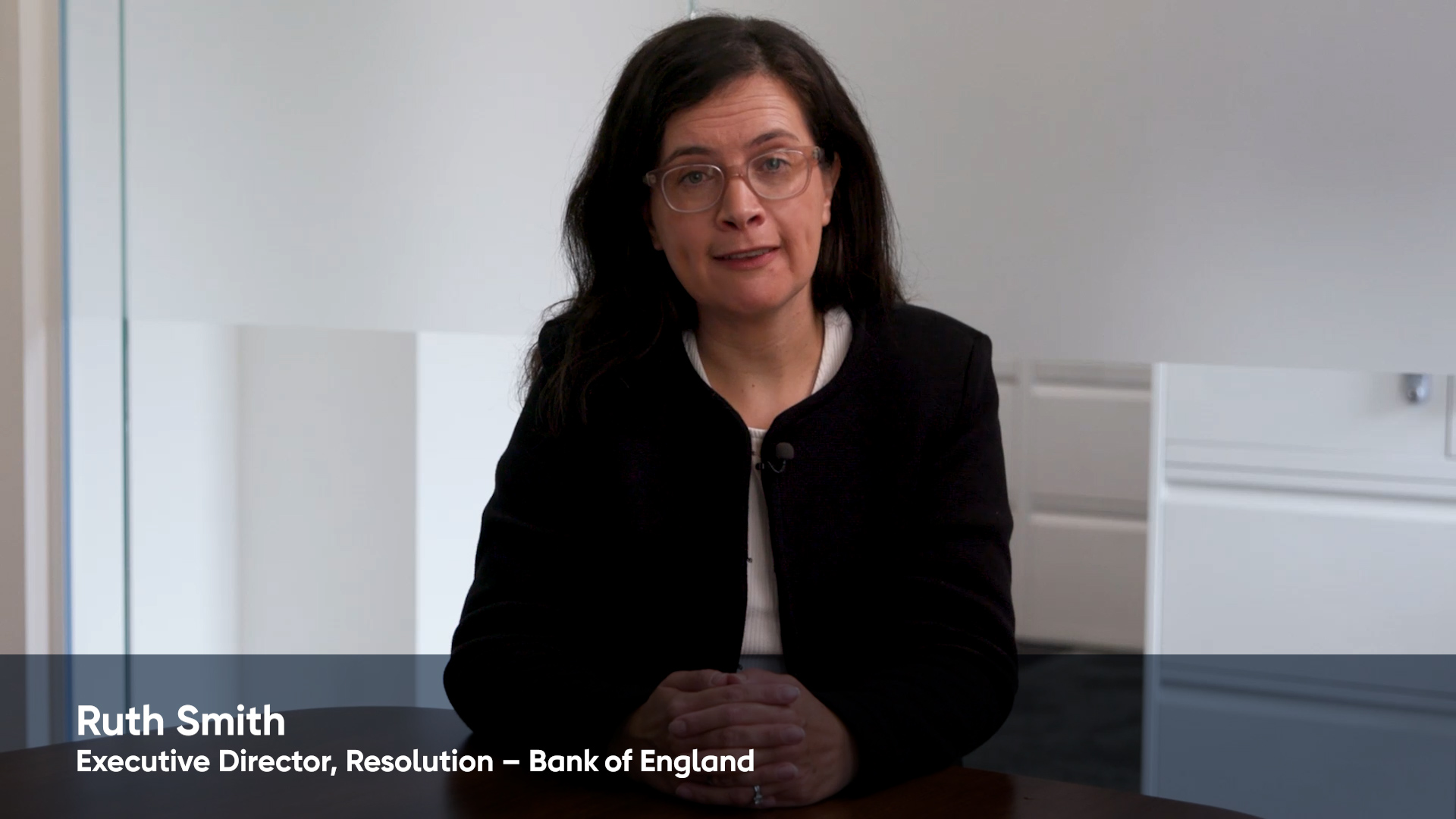Overview
The Resolvability Assessment Framework (RAF) sets out how the Bank of England (‘the Bank’), as the UK’s resolution authority, assesses UK financial firms’ resolvability and introduces a public disclosure regime.
It builds on the work since the financial crisis to create a resolution regime that ensures firms can fail in an orderly way. The framework is designed to make resolution more transparent, better understood and more successful. We expect it to help market participants make more informed investment decisions.
The Bank must be confident that it could use its powers effectively to resolve a firm if needed. This means protecting public funds, avoiding significant adverse effects on the financial system, and ensuring continuity of banking services and critical functions.
The RAF applies to UK firms notified by the Bank that their preferred resolution strategy is bail-in or partial-transfer and material subsidiaries of overseas-based firms operating in the UK. It makes firms responsible for demonstrating how prepared they are for resolution.
Firms need to be able to show how the preferred resolution strategy set for them could be carried out in an orderly way. This includes showing that they have identified any risks to their successful resolution. The major UK firms (see Resolution Assessment 1.1) are required to submit a report of their assessment of their preparations for resolution to the PRA, and publish a summary of their most recent report (public disclosure). The PRA will communicate the expected reporting and disclosure dates in advance.
The Bank and Prudential Regulation Authority (PRA) published this framework in July 2019, following a consultation.

